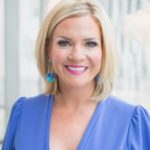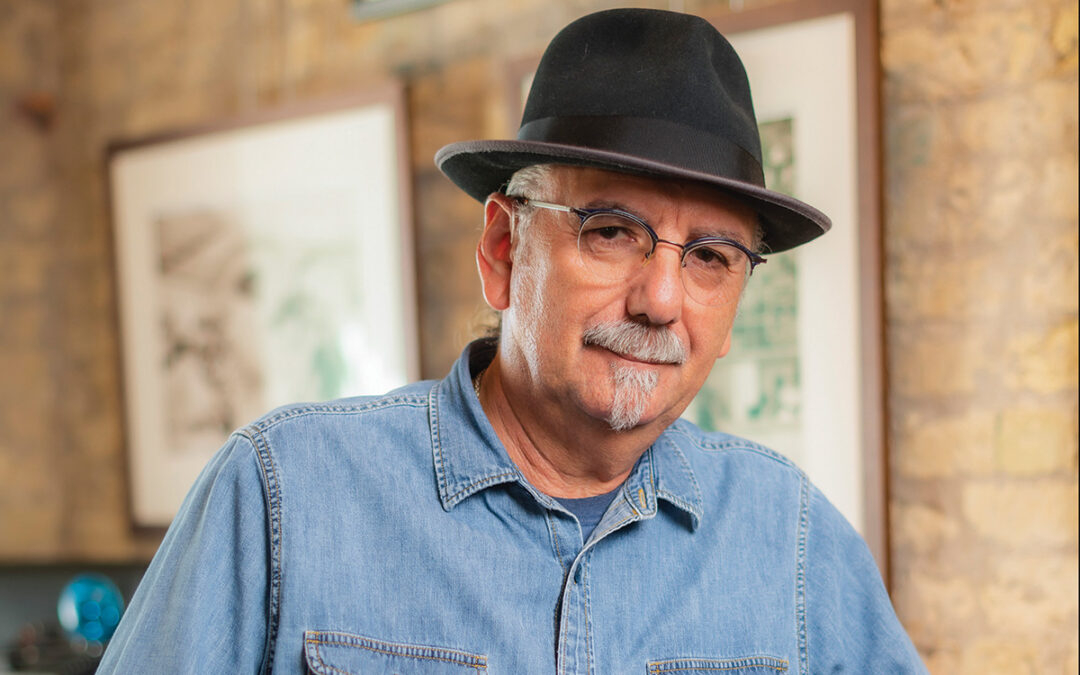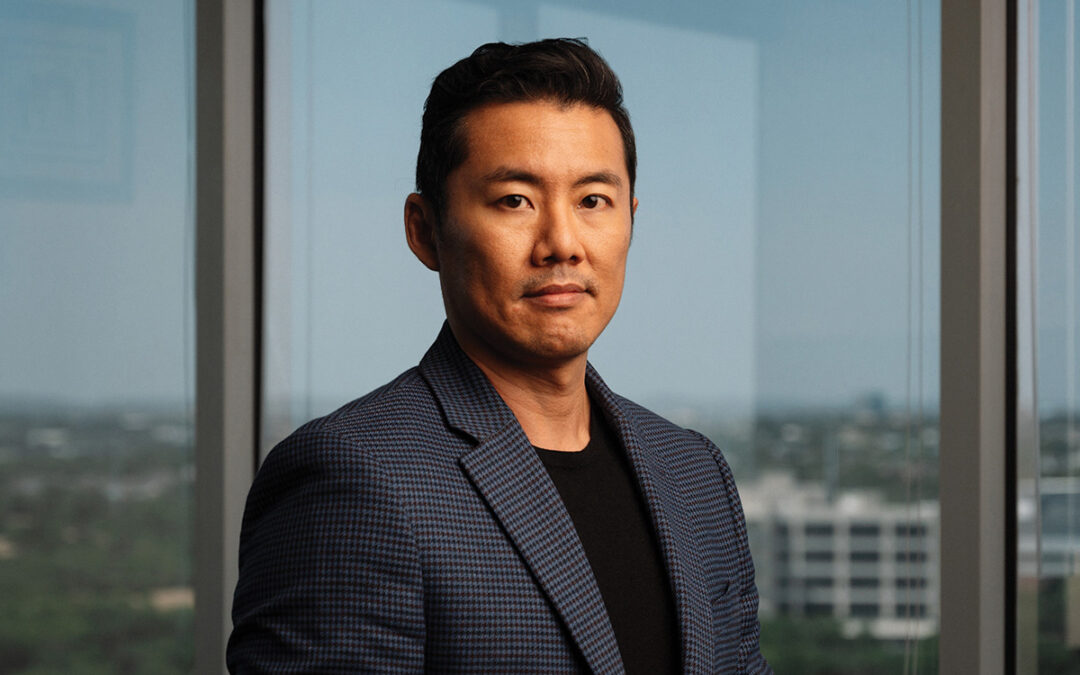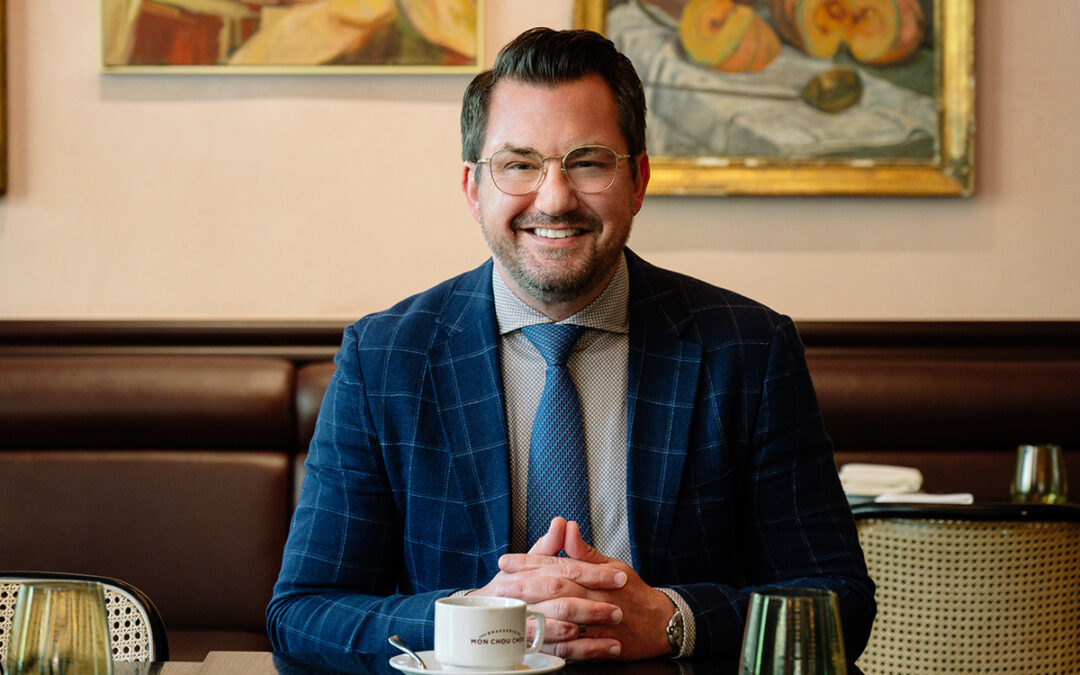Changing Lives and the World Through Research and Care
Growing up in Columbia, Missouri, Dr. Ian Thompson, Jr. was always surrounded by doctors and academics – an experience that would lead him on an incredible career trajectory balancing both patients and heading up impressive national clinical trials that changed urology oncology for the world. Having followed in his father’s footsteps, he is now proud that his son, Dr. Ian Thompson III, has done the same. Having spent the majority of his adult life here in San Antonio with the military and civilian life, Thompson has an impressive resume, but is also a family man, traveling the world with his daughter and skipping out of board meetings to rescue his son’s escapee tortoise.
Your father, Dr. Ian Thompson I, was also a urologist. How much did his career had an impact on your decision to go into the specialty?
Most of the time people choose a specialty by looking at the people who are in that specialty. For as long as I can remember, there were always academics in our home. My father was a pretty well-known guy, and we’d have people coming in from the Netherlands one month and the following, South Africa. Urology is a very competitive specialty, but it’s also populated with really, wonderful people. They tend to be not just physicians, but renaissance types with many interests who are well read and traveled. Urology is interesting because there are challenges that you can fix. You get to know patients, you laugh with them, you cry with them. It’s our responsibility to make their problems go away.
You’re a pretty impressive guy on paper. After graduating high school, you went on to West Point then medical school at Tulane. That was followed by a Urologic Oncology fellowship at the Sloane-Kettering Cancer Center and then eventually a stint as the Chairman of surgery at Brooke Army Medical Center here in San Antonio. Then you were appointed as director of UT Health and are now the president of Christus Santa Rosa Medical Center. What does it take to not only be a doctor, but also a leader of such large medical institutions?
All the leadership positions I’ve been in have been very different. It’s really all about selfless leadership. You have to put together teams that work well together and articulate the mission well. If there’s a very clear mission statement, then there’s no confusion on what you’re doing. You’re healing people. It makes things very easy with decision making. Pick your people well, pick your leaders well and make sure everyone is going in the right direction. President Teddy Roosevelt was known for picking strong people, then getting out of their way but also supporting them. Human capital is what will make your organization strong. love to explore Croatia, Greece, and that region next. I’d also love to explore Northern Africa.
Your son, Dr. Ian Thompson III, has also gone into urology and now works with you as the Chief Medical Officer at Christus Santa Rosa. What’s it like working with him on a daily basis?
Most of the time it’s him giving me advice. The things he’s doing are at a national level and extremely innovative. Sometimes we talk about ways to deal with people, or how to phrase things well. One way we learn in life is to make mistakes or watch others make mistakes. At this point in my life the most useful part is mentorship to him and organizations I work with.
Your career path has been so unique, considering you’ve had the good fortune of both working with patients and participating in incredible national clinical trials and studies. Looking back now, what decisions did you make that allowed you to do exactly what you wanted to do?
If there was one word to describe my career it would be serendipity. It has been God’s will. The only concrete decision I made along the way was to go to Tulane for medical school, and that was based on the fact that the weather would be warmer than West Point. Heading to San Antonio was based on the recommendation of a friend. Decisions I made about my career were always about an opportunity coming up, and going with it. A message to other folks who are starting out is, when a door opens, trust the Lord and walk right through it.
Throughout your time here in San Antonio, you’ve won many awards and honors. Aside from work, what fulfills you?
My family. We’re very close. My daughter, Laura is a nurse practitioner out in the San Francisco Bay Area and my son is obviously here with his wife, Meghan, and their two girls. I popped a disc in my back around Christmas time and both kids surprised me and were there, ready to nurse me back to health.
Your son has quite a few turtles. How have you come to the rescue with these reptiles?
When he was on vacation once, the landscapers left the gate open and his huge tortoise Jack got out. A neighbor saw him and got ahold of my wife, but they couldn’t lift him into the car to get him home, so I had to excuse myself from an executive committee meeting at the hospital to help rescue a 125-pound tortoise.
When you’re not busy being on the forefront of progressing medicine in South Texas, what do you like to do?
My wife, Donna, and I love classical music and the arts. I’d say three to four nights a week you can find us out listening to music or catching a Broadway show. My wife is teaching the grandchildren piano and they’re also learning violin. Teaching the kids about the arts is very important to us.
By Christie Cuthbert

Christie Cuthbert
An award-winning columnist, Christie Cuthbert has been a writer for 15 years and is busy raising four boys, including a set of triplets. She is currently working on her first book, "Mom I Farted in Church" A Type A Mama's Crazy Journey Learning to Laugh. Follow her journey on Instagram @christiecuthbert










0 Comments